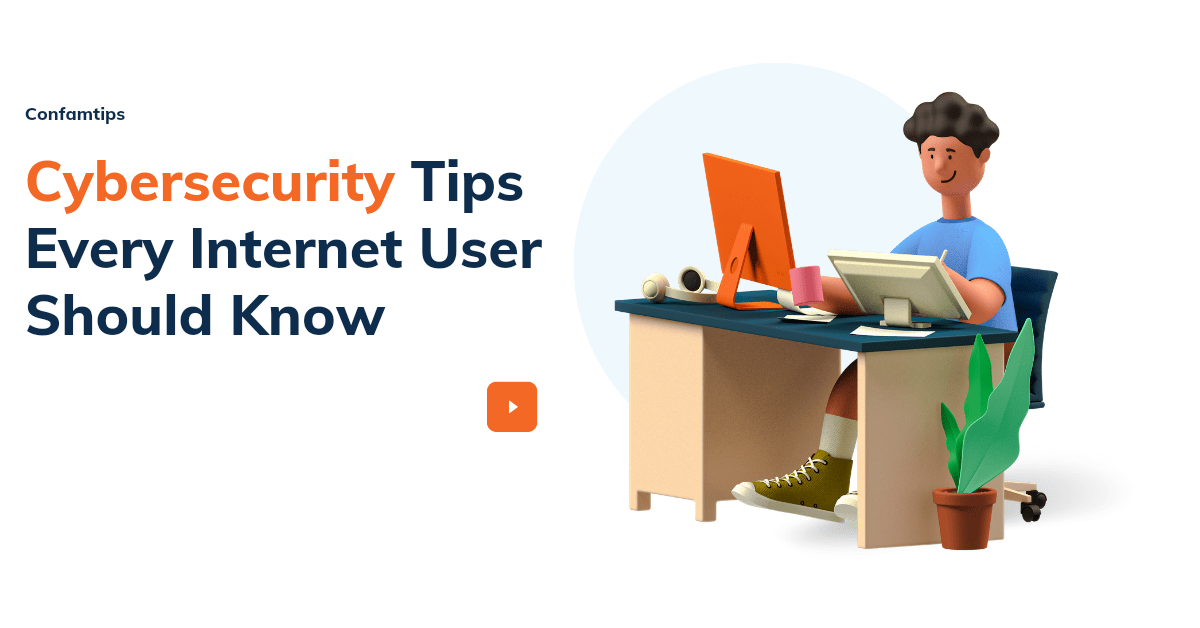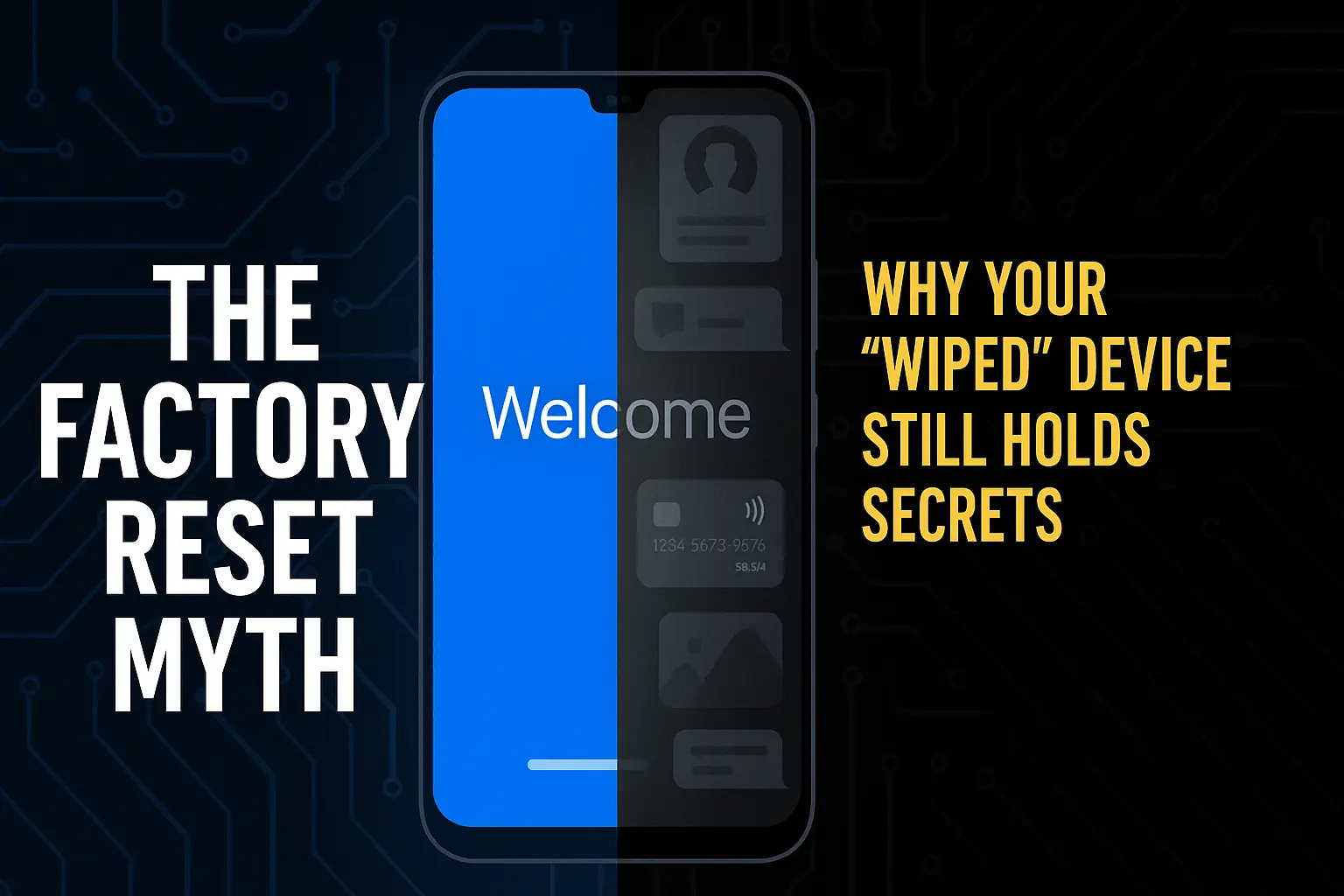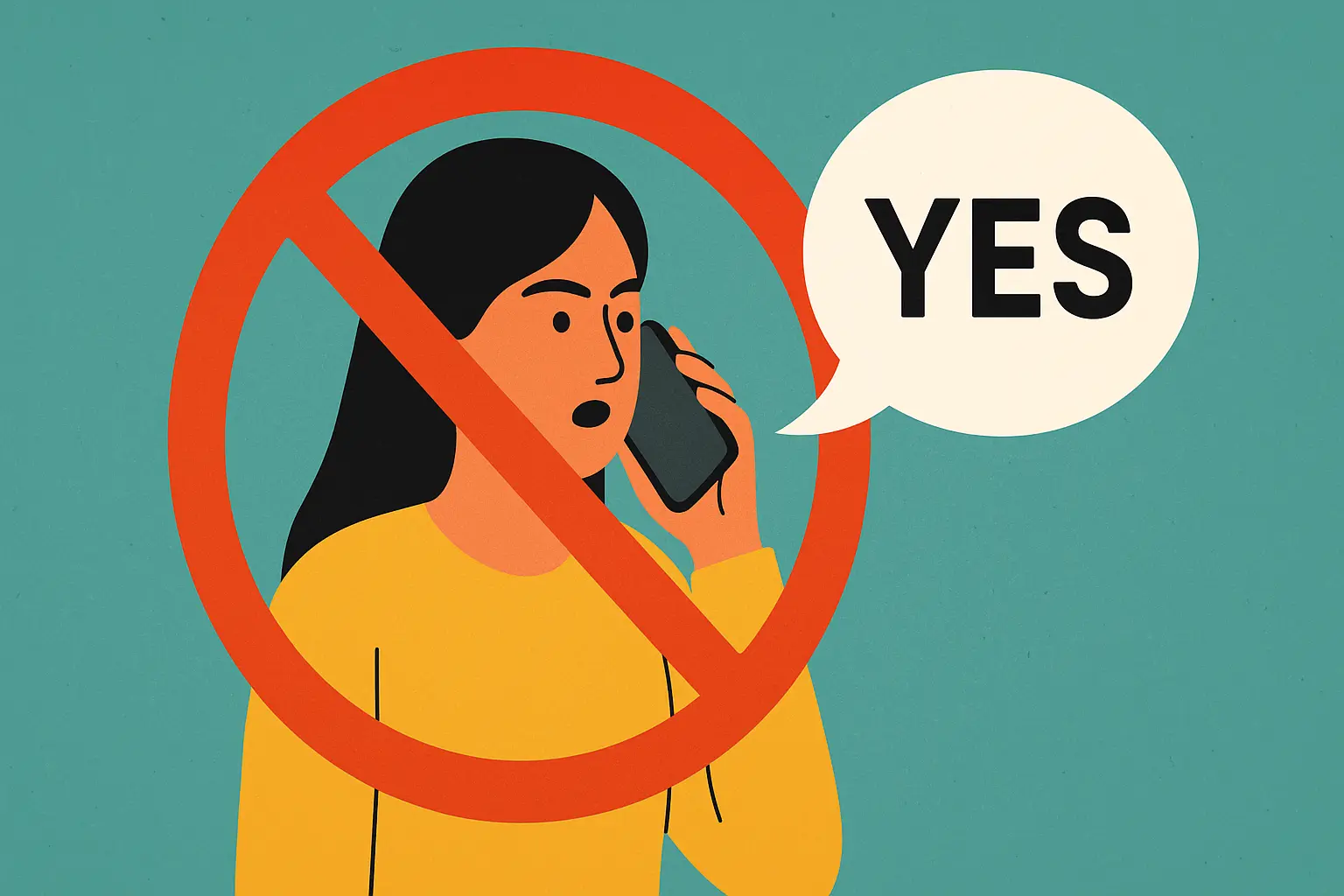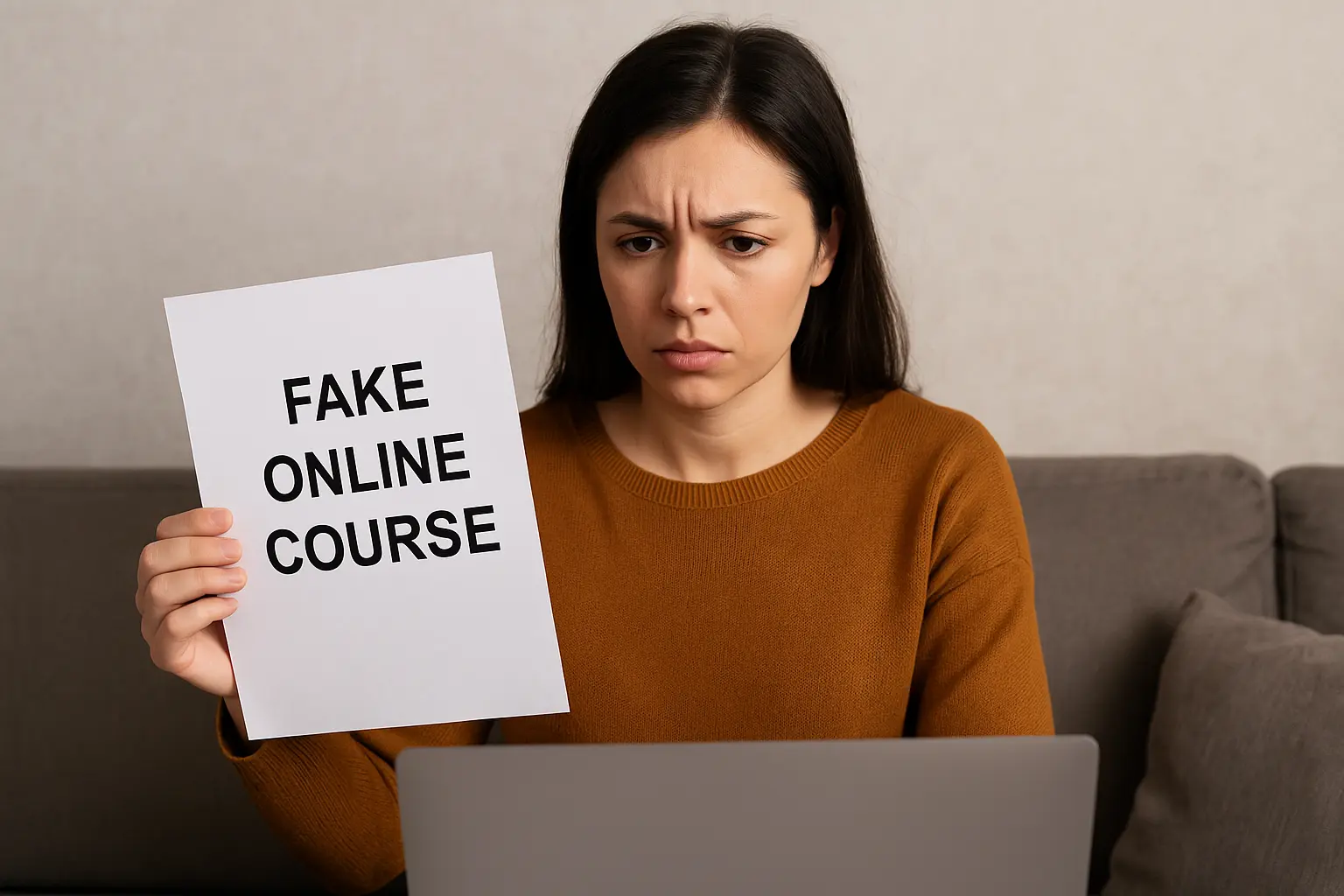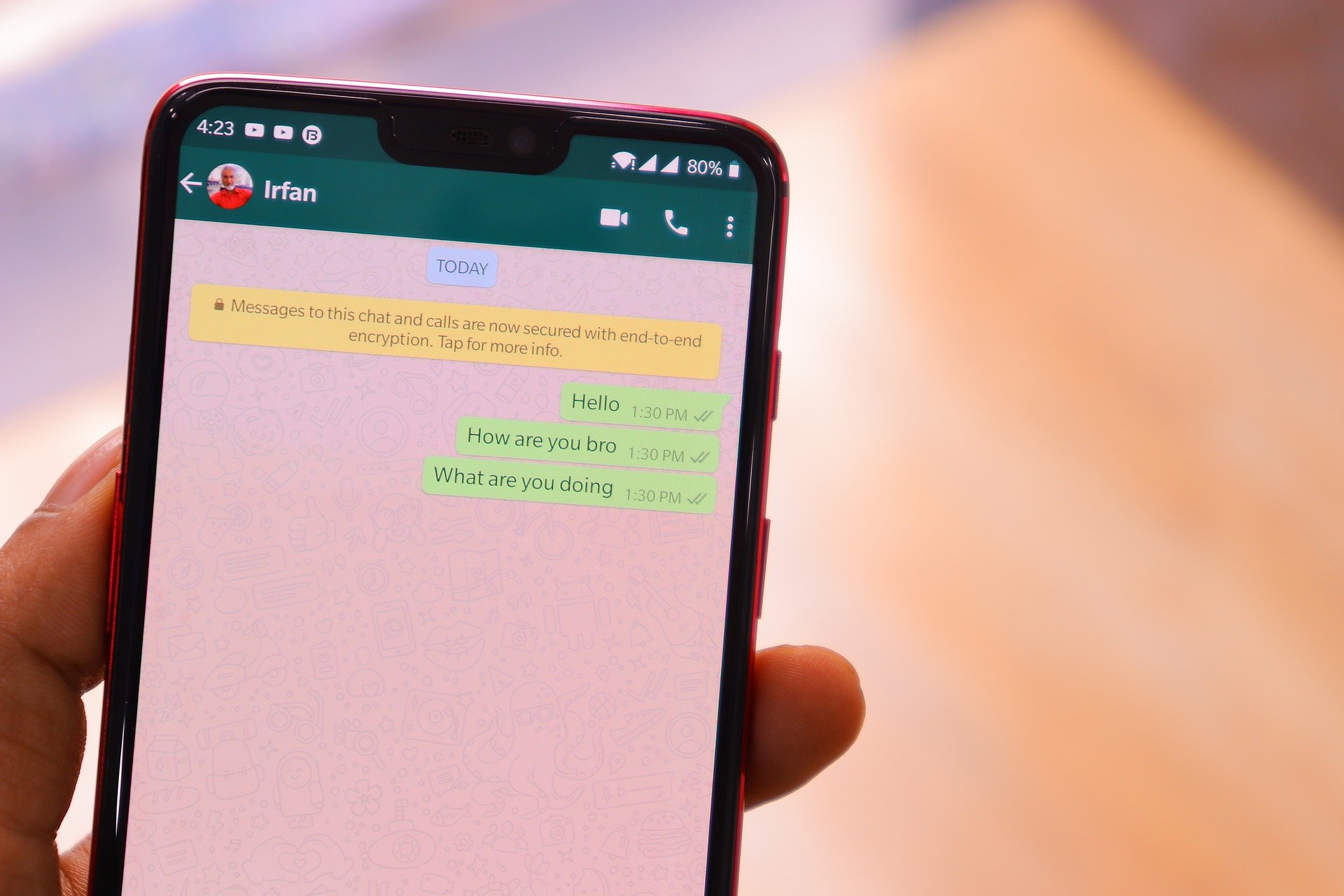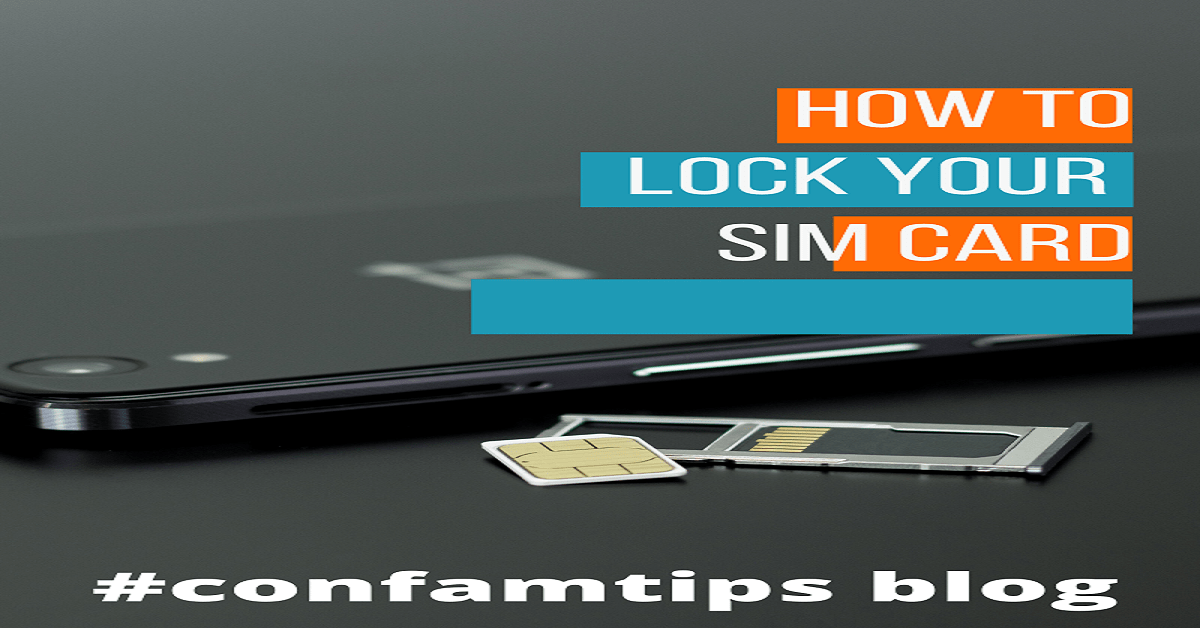Using the internet without having these cybersecurity secrets at your fingertips makes you more vulnerable to cyberattacks.
The internet is now becoming very inevitable for all. If you are not using it to communicate, you may be using it for banking or business transactions.
It is also important to note that online activities or transactions are coordinated by pieces of software and not humans. So, when the laid-down rules of the code are fulfilled, it will grant the required access.
Therefore, whoever fulfils the requirements of the coding algorithm on your behalf will be granted all the privileges meant for you.
So, you must guide the information that gives others the power to impersonate you. Read on as I share with you cybersecurity secrets that can improve your online security.
16 Cybersecurity Secrets Every Internet User Should Know
1. No company or its worker asks for your private information, like your password, OTP, ATM card details, etc., through phone calls, emails, SMS, or chats.
It is very important to note that no reputable company will ever call or text you to request your sensitive data. Whether the call is as a result of unsolicited tech support or especially when there is a claim that there is something wrong with your account,
When you receive such calls or an email request, always visit the company website or their physical location to confirm the situation instead of discussing it with the caller.
Related Post: Your Money or Online Account is Gone If You Make This One Mistake- OTP Code Security
This is a vital cybersecurity secret you should remember.
2. A big company email address does not end with @gmail.com, @yahoo.com, @protonmail.com, or any other domain that is not the company domain or website address. Except when the company does not have a website.
Any company, business, or government ministry that has a website should have their email address end with their website address. For instance, if the company website is www.confamtips.com, then their email address should look something like supports@confamtips.com.
Related Post: How to Recognize a Phishing Email or a Scam Email: A Working Guide
So, always check the source address of an email before reacting to it. Don’t draw conclusions about an email source based on its content. Because the content says it is from Confamtips Tech Group, that doesn’t mean it is from Confamtips Tech Group.
3. Note That Phone Numbers And Email Addresses Can Be Spoofed.
It is important to note that people can spoof or mimic your phone number or email and use it to deceive people, claiming to be you.
Therefore, you mustn’t believe information solely because it came from a particular email address or phone number. Always verify the source through other means before executing sensitive transactions with the party.
Know that people’s emails or phone numbers also can be hacked or stolen. So, don’t use it alone to identify them without confirmation.
4. It Is Not All Images Or Videos You See Online Or On Social Media That Are Real; Some Are Deepfaked, Video Edited, Staged, Photoshopped Or AI-Generated.
Mind what you believe on the internet. Deepfake has made it easy to put words into people’s mouths in a video. Video and photo editing software can easily be used in blackmailing people.
Therefore, don’t crucify your partner because of an image or a video you saw without a thorough forensic investigation of the source.
Make sure you verify people’s profile pictures before engaging in a serious conversation through social media. Remember, some images are AI-generated and don’t represent a real human. Such images can be gotten from websites like thispersondoesnotexist.com.
Related Post: How to Verify Fake Social Media Profile Pictures and Fake Images


5. The same login details you used on your bank mobile app can be used to access your bank account through your bank website.
Using a weak login password to set up your mobile banking app can endanger your bank account. It will make it easy for your account to be hacked through the internet.
Related Post: How Your Bank Account is Hacked-Common Tricks
6. Password Is Not Enough To Protect Your Online Accounts; Always Include Two-Factor Authentication.
The importance of two-factor authentication cannot be overemphasised. Make sure you activate it on your online accounts when available. Also, observe the necessary precautions while setting it up.
Related Post: 5 Two-Factor Authentication Mistakes You Should Avoid
7. Before you log in or create an account on a website, make sure you are on the right website. Websites Can Look Alike, But Not Genuine or the Same.
Always observe your browser address bar while accessing the Internet. This will help you to know if you are visiting the right website address or whether you have been redirected to another domain.
Related Post: How To Avoid Falling Victim To Fake Websites On Your First Visit
9. Apps And Files Downloaded From An Untrusted Source Can Contain Backdoors And Can Spy On You.
Where you get the app you use on your phone or computer matters a lot.
Stop downloading or receiving apps from an untrusted source. This is because it may have been compromised and edited to harm your device or spy on you.
Files like PDFs, MS documents, and images can contain payloads that might be harmful to your device when you open the file. Mind where you download and receive files from.
Avoid opening unsolicited files to know what is inside. Especially when you are connected to the internet and have no updated antivirus.
10. Clicking on a link alone can expose your device’s sensitive metadata and can also expose your device to malware. Avoid Accessing Viral Information Through Links.
Whenever information is going viral, it is always an opportunity for bad actors to create malicious links and use them to target their victims.
Avoid clicking on unsolicited links shared to you through social media as much as you can.
Related Post: Why You Are Told Not To Click Links-What Hackers Can Do When You Click A Malicious Or Phishing Links
Suggested Post: URLs- How to Detect Scam and Malicious Link URLs
11. Always Note That There Are Hoax Alerts and Reviews While Surfing the Web. Don’t Download An App Because It Was Prescribed As A Solution Through An App or Browser Alert.
Sometimes while using an app or visiting a website, you may receive some pop-ups that your device is infected by a virus. Most times the alert will ask you to download a prescribed application to clear it.
Always ignore such an alert. If you feel that your device is infected by a virus, download a known antivirus to scan it.
Also be careful about hoax positive reviews on social media comment sections. That everyone in the comment section said it works doesn’t mean it is genuine. Some of those comments might be from fake accounts or bots.
12. It Is Important To Have An Updated AntivirusOn Your System And Updated Apps Or Operating System On Your Device.
Antivirus helps a lot in detecting known malware. It is also important you update applications on your device, especially when there is a security update.
If you do not haveupdated antivirus and software, you should reduce your connection to the internet through a dedicated IP address.
Related Post: Security Vulnerability- One Reason Why Your Password Alone Won’t Save You
13. Read Pop Ups or Alerts Very Well Before You Click Ok. Click Cancel or Ignore It When You Don’t Understand.
Pop up alerts is one-way applications request permission from its user. Whether you are browsing on a browser or you just opened an App on your phone or System, be careful in clicking okay to pop up alerts. You may end up giving a malicious application great privilege on your device.
14. The More information You Share Online, The More Vulnerable You Become To Cyber Attacks.
Always be conscious of the websites you fill in your genuine information. Don’t use the same email address you use to apply for Job to create an account on a dating website.
Reduce the amount of video or pictures you share and also be mindful of your posture and body covering. This is to reduce your tendency of falling victim to image and video blackmail and impersonation.
Also, it is important to note that EXIF data of files you share online can be used to expose your location.
Related Post: EXIF Data-Make Sure You Read This Before You Take Next Picture With Your Phone
15. Always Be Careful With Whom You Leave Your Phone Or Computer With.
Leaving your device in the hands of a third party unprotected is a very bad idea.
It is important you also desist from leaving your system unattended without a lock in a public place like a library or school.
Related Post: One Way Text Messages Are Hacked In An Android Phone
Remember, a lot can happen if you leave your device with the wrong person.
Suggested Post: Things to Do to Avoid Being Easily Hacked Online
16. Avoid Password Reuse.
Don’t use the same password you use for your internet banking to create a social media account.
This will expose your bank account once the password is leaked, especially when there is no two-factor authentication enabled.
Related Post: How to Protect All Your Online Accounts From Hackers
